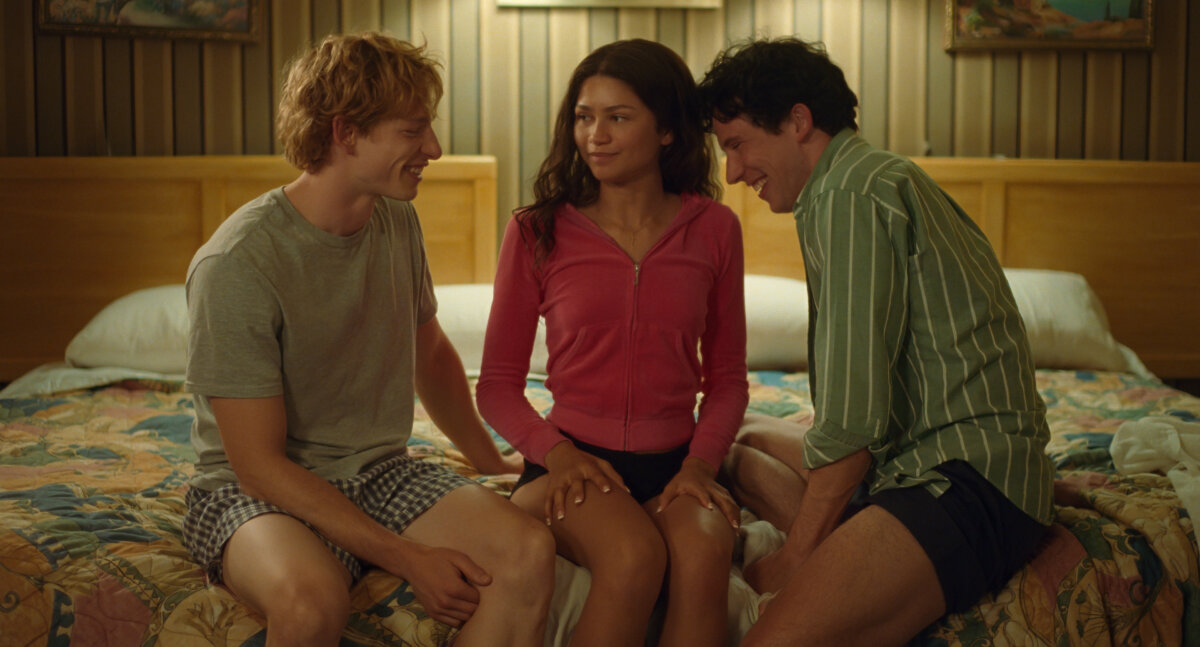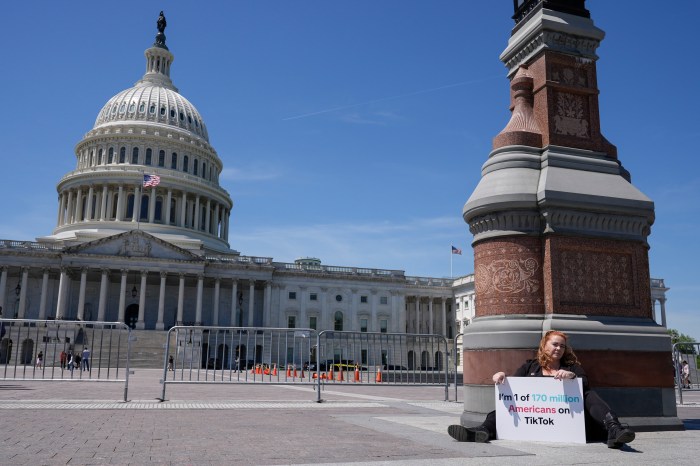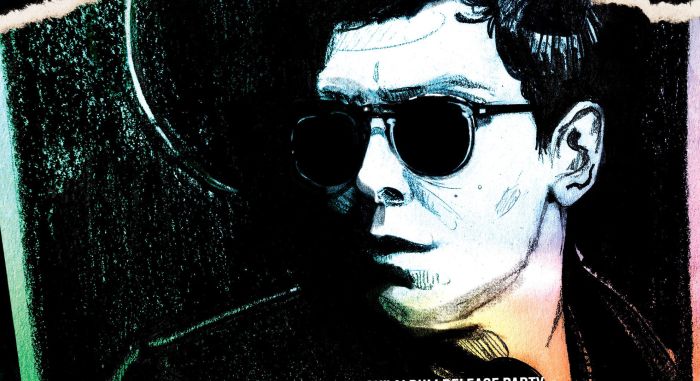On Saturday night, the Broadway production of the jubilant ABBA musical “Mamma Mia!” ended its 14-year Broadway run as No. 8 on the list of the longest-running Broadway musicals (in front of “Beauty and the Beast” and behind “Oh! Calcutta!”).
“Mamma Mia!” is, by far, the most commercially successful jukebox musical (i.e. one built around an already existing songbook of a well-known artist or band, instead of an original score). It is also, at least in my opinion, the most enjoyable. I had seen it four times over the years, and was happy to take it in again on Saturday night, having scored a last-minute ticket.
My first exposure to “Mamma Mia!” (or to any of the music of ABBA, for that matter) occurred at the once-annual “Broadway on Broadway” event (where Broadway shows performed for free in Times Square), where its three lead females sang “Dancing Queen.” Two days later, 9/11 occurred.
When “Mamma Mia!” opened the following month, many critics gave it a sort of “pass,” sanctioning it as a much-needed boost of fun after the recent tragic events. While post-9/11 New York was an ideal time and place for “Mamma Mia!” to premiere, I would argue that it still would have been a huge hit had it opened at some other point over the past 14 years – even today.
The ABBA songs are pretty close to irresistible. The integration of those songs into the dialogue is tenuous at best, but it works for purposes of a feel-good, modern-day, romantic musical comedy. And in the midst of the familiar songs and kinetic activity, “Mamma Mia!” delves into family and friendship in a very touching way, especially in the central mother-daughter relationship.
The audience at the final performance consisted of former cast members (including Carolee Carmello and Judy Kaye), other members of the extended “Mamma Mia!” family (most notably producer Judy Craymer, who made a lovely post-curtain speech), numerous fans and a few tourists who probably booked their tickets completely unaware that it was closing night.
Not long after its 10th anniversary, “Mamma Mia” transferred from the Winter Garden Theatre to the comparatively smaller Broadhurst Theatre. Except for the loss of some stagecraft (including the elevator below the stage from which the lead females emerged during the mega-mix triumphantly in full Super Trooper attire), the show looked and sounded the same. And thanks to the rabid enthusiasm of the audience, it was the most electric performance of the show I had ever experienced.
Judy McLane, who for years played the supporting role of Tanya, was terrific as single mother and inn proprietor Donna Sheridan. I was also quite taken with the vibrant, absolutely gorgeous Elena Ricardo as daughter Sophie, and I look forward to seeing her in other shows.
Of course, this is by no means the end of “Mamma Mia!” You can still see it in London (where it originated) or in numerous venues around the world (not unlike other English mega-musicals like “Les Miz” and “Phantom of the Opera”), and a Broadway revival is inevitable. You can also watch the 2008 movie version at home or, if you prefer, a karaoke-style sing-a-long screening.

















